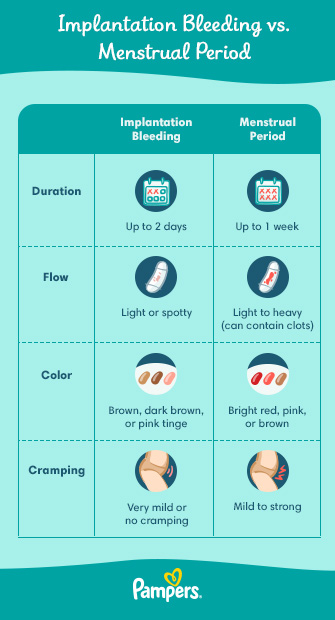
Spotting During Pregnancy: Causes, Symptoms, and Treatment
Spotting during pregnancy is a common occurrence, affecting up to 30% of expectant mothers. While it can be alarming, it’s important to remember that spotting doesn’t always indicate a problem. However, it’s crucial to be aware of the potential causes and symptoms of spotting during pregnancy and to seek medical attention if necessary.
Causes of Spotting During Pregnancy
- Implantation bleeding: This is light bleeding that occurs when the fertilized egg implants in the uterine lining. It typically occurs 10-14 days after conception and lasts for a few days.
- Cervical irritation: The cervix can become irritated during pregnancy, especially during intercourse or pelvic exams. This can cause light bleeding or spotting.
- Hormonal changes: Fluctuating hormone levels during pregnancy can lead to changes in the uterine lining, which can result in spotting.
- Subchorionic hemorrhage: This is a small collection of blood that forms between the placenta and the uterine wall. It can cause spotting or light bleeding.
- Placental abruption: This is a serious condition where the placenta separates from the uterine wall. It can cause heavy bleeding and abdominal pain.
- Miscarriage: Spotting or bleeding can be a sign of miscarriage, especially if it’s accompanied by other symptoms such as cramping or back pain.
Symptoms of Spotting During Pregnancy
- Light bleeding or spotting
- Pink or brown discharge
- Cramping or back pain
- Nausea or vomiting
- Dizziness or lightheadedness
When to Seek Medical Attention
It’s important to seek medical attention if you experience any of the following symptoms:
- Heavy bleeding
- Bright red blood
- Prolonged spotting
- Abdominal pain
- Cramping
- Fever
- Chills
Treatment for Spotting During Pregnancy
The treatment for spotting during pregnancy depends on the underlying cause. In most cases, no treatment is necessary. However, if the spotting is caused by a medical condition, such as placental abruption or miscarriage, treatment may be required.
- Bed rest: Bed rest may be recommended to reduce bleeding and prevent further complications.
- Medications: Medications, such as progesterone supplements or blood thinners, may be prescribed to treat specific medical conditions.
- Surgery: In rare cases, surgery may be necessary to remove a subchorionic hemorrhage or repair a placental abruption.
Preventing Spotting During Pregnancy
There is no surefire way to prevent spotting during pregnancy. However, there are some things you can do to reduce your risk:
- Avoid strenuous activity
- Limit intercourse
- Avoid using tampons
- Get regular prenatal care
Conclusion
Spotting during pregnancy is a common occurrence, but it’s important to be aware of the potential causes and symptoms. If you experience any spotting, it’s important to seek medical attention to rule out any underlying medical conditions. In most cases, spotting is not a cause for concern, but it’s always best to err on the side of caution.